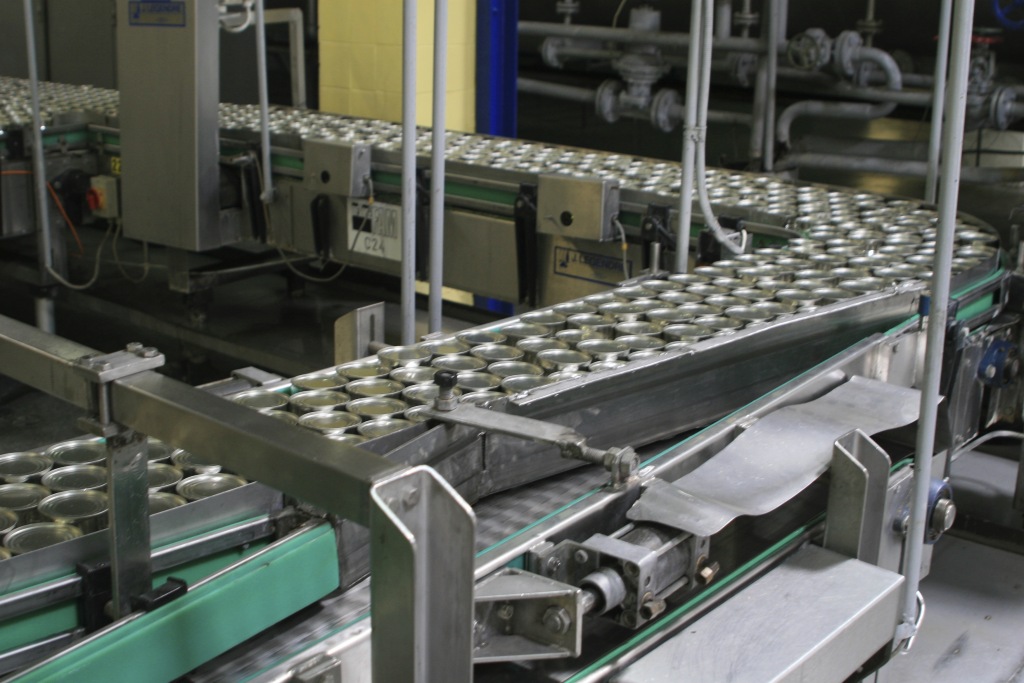Marijampolės pieno konservai UAB started to operate in 1977. Since 2001 it became a private company. This is one of the largest and highest performing milk processors in Lithuania, implementing newest technologies and among for the highest quality of the products.
The company is the only canned milk producer in Baltic region, production capacity is up to 10 million cans per month. The technologies used by the company allow for ensuring, that the quality of the products meet the legal requirements of Lithuania, European Union, Customs Union and other foreign countries. Nearly 90% of the production is sold abroad. 10% of it ends up in CIS countries and the rest goes to European Union, African and Asian countries, USA, Cuba, Hong Kong and other remote corners of the world.
The production is carried out in accordance with the requirements of certified Food Safety (HAACP), Quality Management and Environmental Management systems. Certificates obtained: FSSC 22000, ISO 14001.
The prevention of pollution is carried out by the introduction of new manufacturing technologies, using the least environmentally harmful materials, saving and rationally using raw materials and energy resources, managing manufacturing waste in effective and economic manner.
Substitution of BPA-based epoxy resin coatings in food cans
The company manufactures food cans in-house, using externally manufactured and lacquered thin metal sheets and easy open caps. Firstly, metal sheets are cut, welded and processed into a can. Side stripe lacquer is applied and, finally, canning of condensed and sweetened condensed milk takes place, can caps (including easy-to-open) are rolled on. BPA epoxy resin based lacquers used in Food Contact Materials (FCM) may release residues of BPA into the packaged food. BPA is toxic for reproduction and a demonstrated endocrine disrupter. As a result of implementation of the substitution project, the company avoids on average 299 kg of BPA per year.

Energy efficiency in disinfection of the milk processing line
In order to process milk, the company uses a lot of energy, especially for the routine operations such as disinfection of the processing line. The company has been using hot steam to disinfect their system, process involved using sodium hydroxide and nitric acid as well. There is incentive to adopt different techniques, such as cold process with disinfectants, in order to become energy efficient. With use of disinfectants the chemical risks will emerge, thus safest and most efficient options were aimed for that would reduce the environmental footprint of CIP (clean in place) process. The implemented cold disinfection method with mild disinfectant enabled to reduce the use of natural gas for heating the water approximately 2-fold. The water consumption increased ca 50 %, from 4.1 m3 to 6.5m3, because the rinsing time with the disinfectant is longer and additional rinsing is necessary, as compared to the hot process. The use of electrical energy has stayed roughly the same.